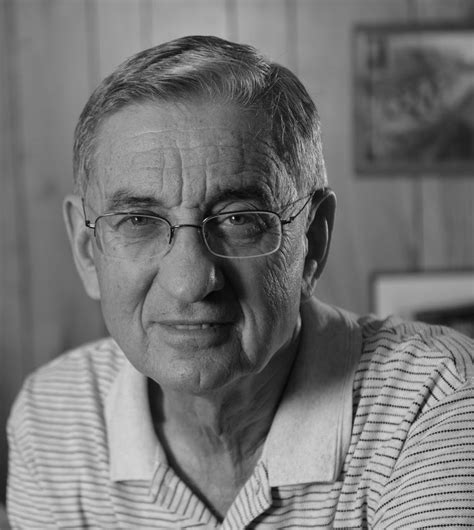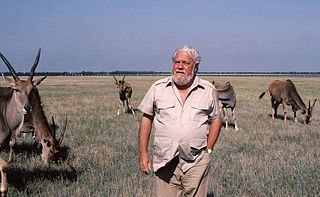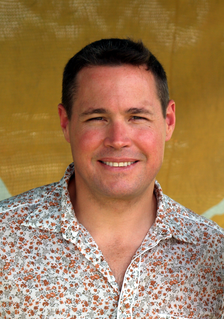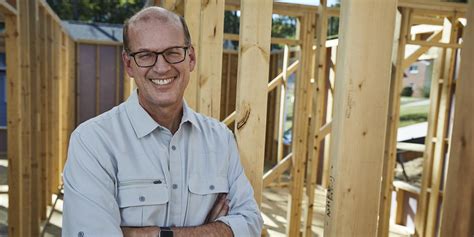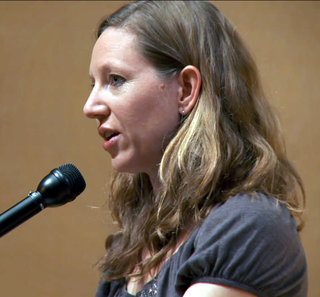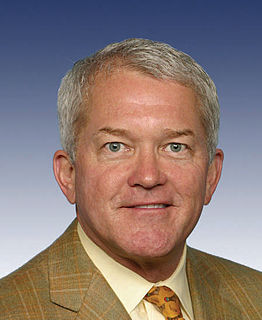Цитата Байрона Доргана
Среда обитания людей должна иметь приоритет над средой обитания птиц.
Связанные цитаты
Церкви являются основными партнерами, которые работают с Habitat в почти бесконечном разнообразии пересекающихся творческих кругов. Мы дорожим этими партнерскими отношениями с церквями… Я всегда рассматривал Habitat for Humanity как служителя церкви и как средство, с помощью которого церковь и ее люди могут выражать свою любовь, веру и служение нуждающимся людям в очень осязаемой и конкретной форме. (буквально!) образом.
Вы не можете начать сохранять какие-либо виды животных, если не сохраните среду обитания, в которой они обитают. Потревожьте или разрушьте эту среду обитания, и вы уничтожите этот вид так же точно, как если бы вы его застрелили. Таким образом, сохранение означает, что мы должны сохранить леса и пастбища, реки и озера, даже само море. Это жизненно важно не только для сохранения жизни животных в целом, но и для будущего существования самого человека — пункт, который, кажется, ускользает от многих людей.
Многие ученые утверждают, что сейчас мы находимся в так называемом вымирании, и это вызвано этим идеальным штормом вымирания: изменением климата, потерей среды обитания, загрязнением, неустойчивой эксплуатацией видов и ресурсов среды обитания и, конечно же, взрывом человеческой популяции. Все эти факторы работают вместе и сговариваются, чтобы каждые полчаса привести к исчезновению вида на нашей планете.
То, что делает Habitat, — это гораздо больше, чем просто укрытие людей. Это то, что он делает для людей внутри. Это неосязаемое качество надежды. Многие люди, не имеющие достойного жилья, считают себя неудачниками по жизни. Это их первая победа. И это их меняет. Мы видим, как домовладельцы Habitat возвращаются в школу и получают GED, поступают в колледж, делают множество вещей, о которых они никогда не думали, что смогут делать, пока не переехали в свой дом. По собственной инициативе, благодаря собственной гордости и надежде они меняются.
Независимо от местоположения строительной площадки, религии, пола или этнической принадлежности домовладельцев или волонтеров, существует чувство подлинного сообщества, которое объединяет партнеров Habitat. Именно такое общее обязательство поддерживало Habitat в течение трех десятилетий, и точно так же это будет обновленное обязательство, необходимое для решения предстоящих задач. Мне не нужно напоминать вам, что потребность в приличном жилье огромна. Наше упорство столь же велико.



